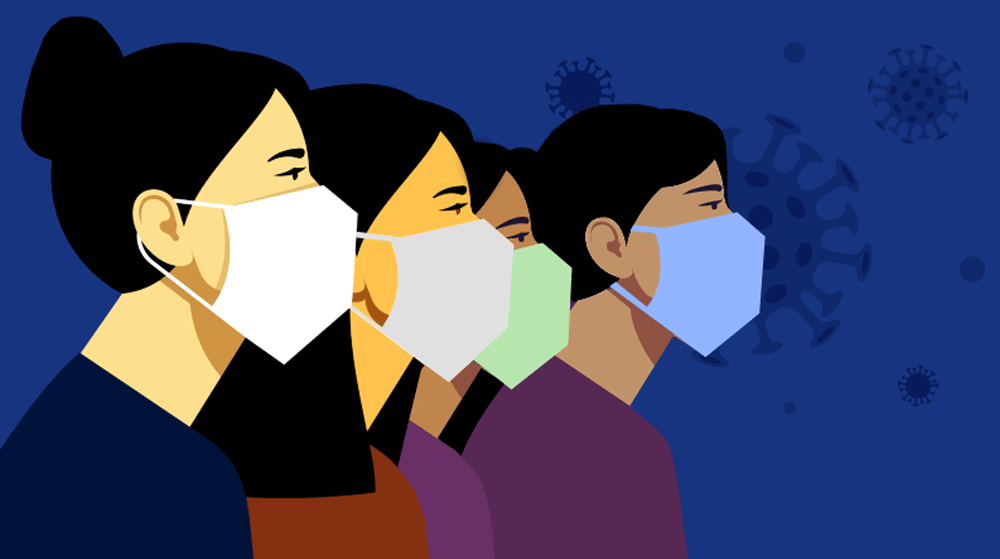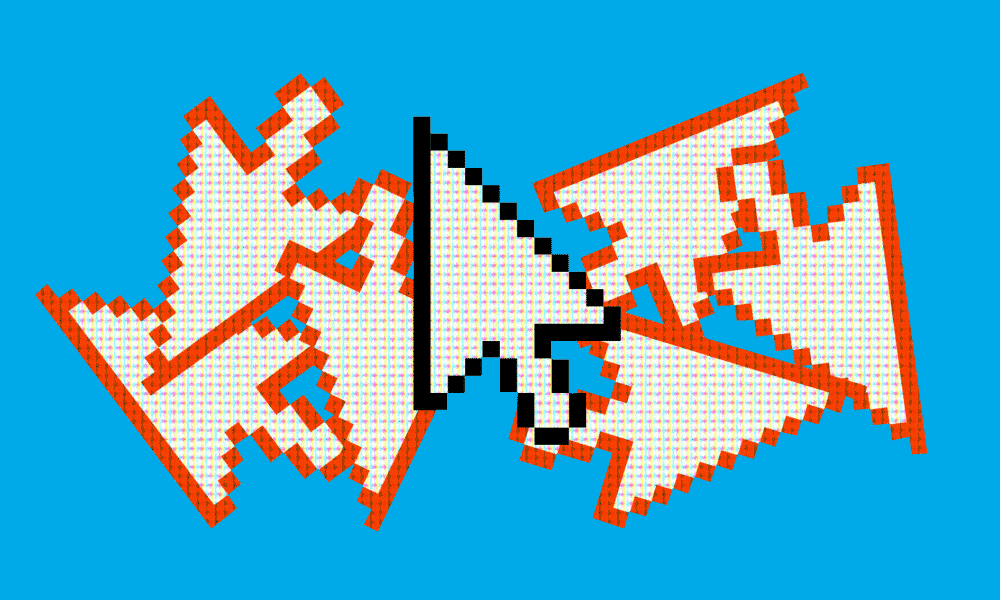With the coronavirus outbreak spreading fear throughout the globe, many people rely on the internet for information.
Both Google and Apple conquer their respective markets, and here, they want to stop apps that relate to the virus, in order to stop misinformation from getting to their users.
The two started rejecting any and all coronavirus-related apps that aren't from recognized health organizations or the government.
"Apps with information about current medical information need to be submitted by a recognized institution," said Apple.
The Cupertino-based company also bans some popular apps from independent developers, although that rely on World Health Organization data and information form recognized health institution.
This is because Apple is apparently evaluating whether apps that provide information related to the coronavirus can be trusted sources of information for the public.
And as for Google, it also stops returning any coronavirus-related searches on its Play Store. To fill the gap, Google Play published a website called Coronavirus: Stay informed with suggested apps, including software from the CDC, Red Cross, and Twitter.

Big tech companies are under the spotlight because of their platforms' massive reach.
Besides monitoring its app store from coronavirus-related apps, Google also puts less emphasis to sites with coronavirus, and instead presents information from the World Health Organization at the top of its search results.
It has also banned all ads for anti-coronavirus products.
Google and Apple aren't the only ones that work to contain misinformation about the virus.
Amazon has warned sellers that it would take down listings for products that claim to cure coronavirus. Facebook CEO Mark Zuckerberg said that he’s "focused on making sure everyone can access credible and accurate information" about the outbreak and is removing content with conspiracy theories.
To put the most legitimate information upfront, Facebooks is providing WHO free ads to counter inaccuracies on its platform.
Instagram and Twitter have also instituted bans on coronavirus misinformation. Etsy has begun cracking down on coronavirus listings on its marketplace, while Pinterest has created a custom search experience to ensure users get the most reliable information about the virus.

Morgan Reed, the President of the App Association, an industry group that represents app developers, said that:
"We are seeing significant pressure inside and outside to halt applications and advertisements before they harm citizens."
As the coronavirus outbreak has yet to stop, misinformation is abundance.
People even started piggybacking the trend, including hackers in spreading malware through phishing email in the name of WHO, and the CoronaCoin cryptocurrency which promises profit as more people become infected.
Technology companies have been fairly proactive about fighting misinformation and preventing those from benefiting financially from trends like the coronavirus outbreak.
But things can sometimes go wrong.
While tech companies are doing what they can to curb misinformation, there can still be apps, products or ads that slip through the crack. Algorithms can be good in automating things, but they're still not perfect, especially when dealing with a worldwide trend like the coronavirus.